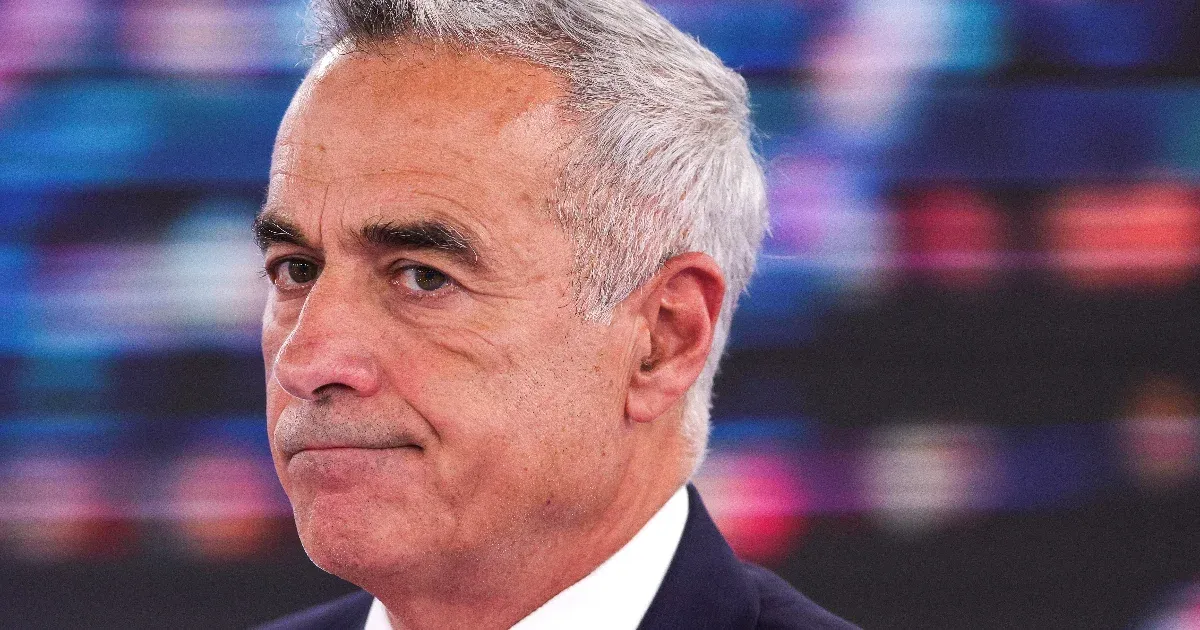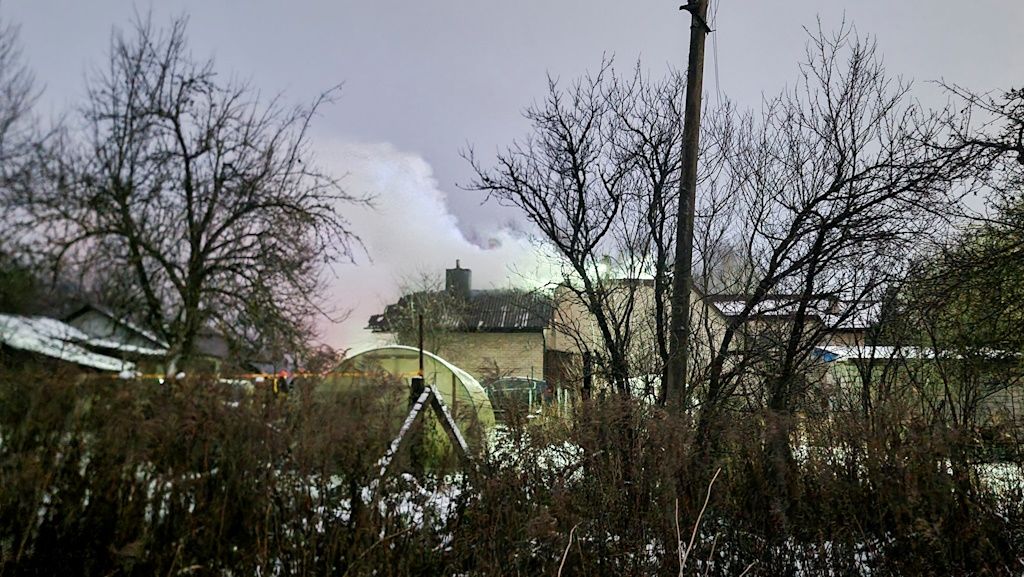Independent candidate Călin Georgescu, a university lecturer close to the Association for the Unification of Romanians (AUR), which is called extremist by other Romanian parties, received the most votes in the first round of the Romanian presidential election, partial results based on the summation of 99.9 percent of the votes cast show.
Elections are held in Romania on three consecutive Sundays: Sunday was the first round of the presidential election, parliamentary elections will be held on December 3, and the second round of the presidential election will be held on December 8.
The country operates in a semi-presidential system. This means that the role of the Romanian head of state is not a presidential one, but it has significant symbolic and political influence. The head of state chooses the prime minister, although parliamentary approval is required. Voters attach great importance to this position, which symbolized stability in the political instability of recent years.
The biggest surprise of the elections is non-party Călin Georgescu, who campaigned mainly on TikTok. You can read a portrait about him in this article.
The growing popularity of the AUR is fueled by social discontent and the fault lines in public life, while in addition to their anti-Hungarian narratives, they formulate more general Eurosceptic and nationalist messages. Although their organizational infrastructure is weak, their populist rhetoric is effective in the online space. At the same time, their official candidate, the leader of the party, George Simion, can only get the fourth place.
The results show a close race for the second round with 99 percent processing: Marcel Ciolacu is only 3,700 votes behind Elena Lasconi. The final results are strongly influenced by the votes of Bucharest and the diaspora.
As it is a It is also clear from the Transtelex articleLasconi’s success was primarily due to the support of the diaspora and progressive voters living in the capital, Bucharest, who stood behind him in large numbers, especially in the United States and Canada, as well as among Bucharest’s young voters.
After election day, the night of counting the votes took unexpected turns as Lasconi kept approaching and then overtook Ciolacu. High turnout in the diaspora and a strong presence of progressive voters in Boston and other major cities gave him a significant advantage, while Ciolacu’s support dropped significantly.
Presidential candidate Calin Georgescu participates in a televised debate in Bucharest, November 13, 2024. Photo: Inquam Photos/Octav Ganea / Inquam Photos/Octav Ganea
Lasconi’s advance reshuffled the course of the election and made it clear that the diaspora and urban voters had a significant influence on Romania’s political future. In the second round on December 8, Lasconi’s momentum could be a decisive factor, especially as he faces the highly-touted Călin Georgescu. This election is already proving to be of historical importance, reports Transtelex.
As we wrote in a previous article, the events and context of the Romanian election super year reflect well the country’s political dynamics and challenges. On the threshold of the first round of the presidential election, the political landscape showed a clear competitive situation, especially in light of the importance of the role of the head of state and the consensus among the political elite.
Romania’s economic policy is dominated by a neoliberal approach characterized by low tax rates and minimal state involvement. This model supports capital and businesses, but has significant social gaps, such as social housing and public health.
The political monopoly of the RMDSZ is still decisive in regions with a Hungarian majority, where the lack of multi-party competition is felt. Institutional initiatives supported by Fidesz could not break the influence of the RMDSZ either, and in fact, a strong interdependence developed between the two actors.
In Romania, political stability and relations with the EU will remain key issues in the coming period, while leaders must also provide answers to economic and social challenges.
How might the success of Călin Georgescu’s online campaigning strategies, particularly his appeal to young voters, influence future political campaigns in Romania and beyond?
## World Today News: Romanian Election Fallout
**Intro:**
Welcome back to World Today News! Today we’re diving deep into the aftermath of the first round of the Romanian presidential elections, a race marked by unexpected turns and shifting alliances. Joining us today are two esteemed political analysts: Dr. Emilia Grigore, specializing in Romanian politics and society, and Mr. Lucian Ionescu, a journalist focusing on Central and Eastern European affairs.
**Section 1: The Rise of Călin Georgescu**
* Dr. Grigore, the results show a surprising victory for Călin Georgescu, a candidate largely unknown before this election cycle. What factors contributed to his success, particularly his strength among younger voters and his
online campaign strategy?
* Mr. Ionescu, Georgescu’s political leanings are considered extremist by some parties. How might his views
resonate with a portion of the Romanian electorate, and
what are the potential implications of his unexpected
popularity for Romanian politics?
**Section 2: The Diaspora’s Impact and the Role of Bucharest**
* Mr. Ionescu, the article highlights the significant impact of Bucharest and the Romanian diaspora on the election outcome.
Can you elaborate on how these demographics influence
voting patterns and political discourse in Romania?
* Dr. Grigore, considering the strong showing of Elena Lasconi,
particularly among diaspora voters and progressive
segments, what does this suggest about
the evolving political landscape in Romania?
**Section 3: The Future of Romanian Politics**
* Dr. Grigore, looking ahead to the second round, how
might the dynamic between Georgescu and Lasconi
shape the debate? What key issues are likely to
dominate the campaigns, and what are the potential
implications for Romanian society as a whole?
* Mr. Ionescu, the article mentions Romania’s economic model
and the challenges it presents. How might the
next president address these concerns, and
what impact could their policy choices have
on the country’s future trajectory?
**Section 4: Romania’s Place in Europe**
* Dr. Grigore, the article touches on the question of
Romania’s relationship with the EU. How important is
European integration for Romania’s political and
economic stability, and how might the outcome of this
election influence that relationship?
* Mr. Ionescu, considering the broader geopolitical context,
how might Romania’s choices in this election
reverberate across the Central and Eastern European
region?
**Outro:**
Thank you, Dr. Grigore and Mr. Ionescu, for sharing your invaluable insights into this pivotal moment in Romanian politics. The upcoming weeks will undoubtedly be filled with exciting developments as the campaign for the second round unfolds. We’ll continue to analyze the events as they happen, providing you with the most up-to-date coverage on World Today News.


